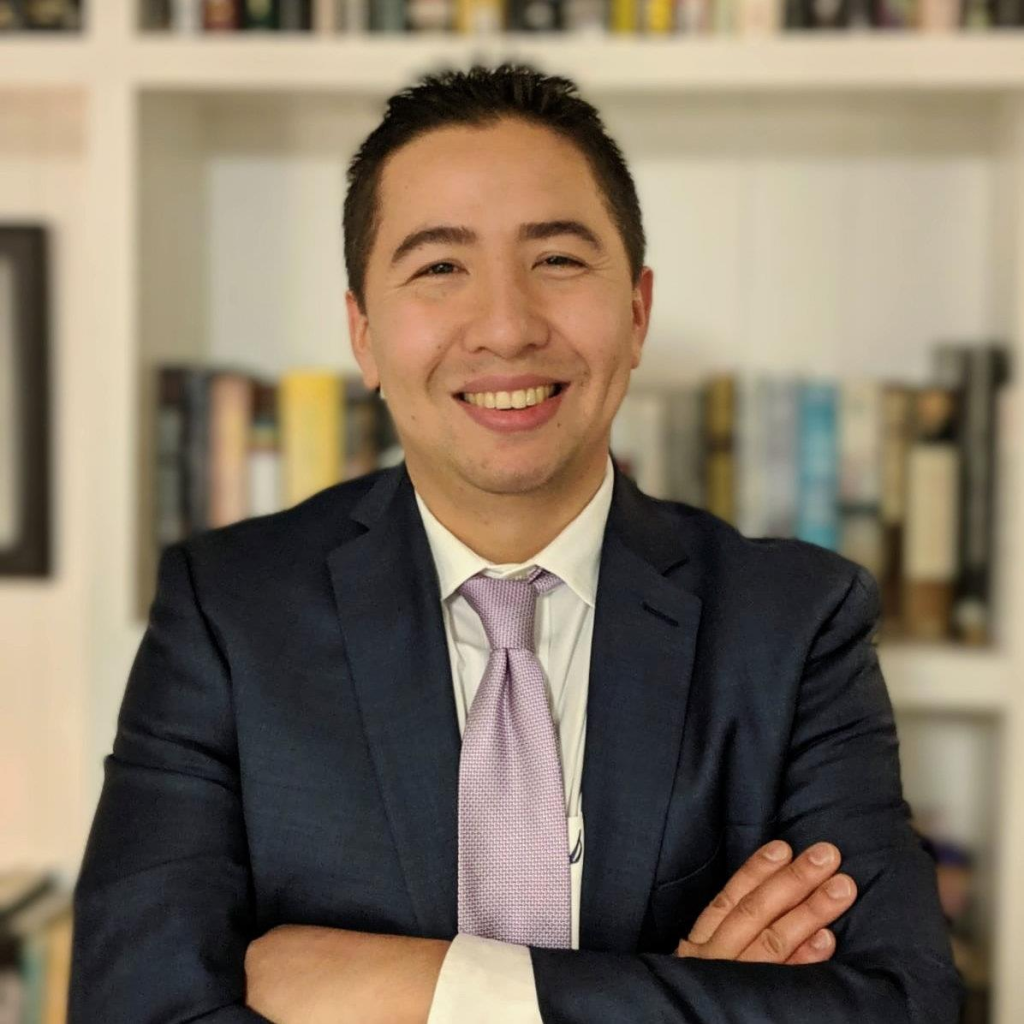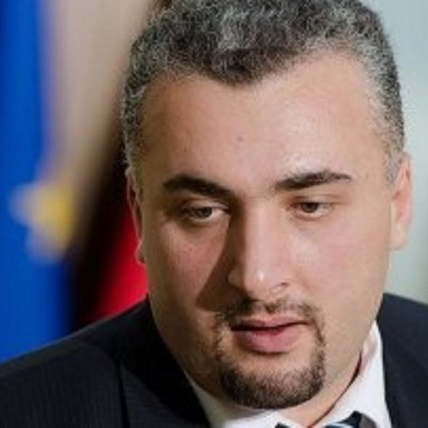On February 9, Georgian Defense Minister Juansher Burchuladze visited the U.S. and met with Defense Secretary Lloyd Austin, who announced that Georgia had been approved for the risk-assessed payment schedule making it easier for Georgia to acquire critical military capabilities. The Defense Secretary stressed the importance of defense partnership between the U.S. and Georgia.
He also emphasized that Georgia’s participation in the Ukraine Defense Contact Group “helps us all strengthen Ukraine’s ability to defend itself and to bolster the rules-based international order that keeps us all secure. And that’s crucial as Ukraine fights bravely against Russia’s unprovoked and unjust invasion.”
This announcement comes in the midst of the consistent unfriendly rhetoric on the ruling Georgian Dream’s part accusing U.S. and EU of wanting to drag Georgia into the Russia-Ukraine war.
In this vein, GD Chair Kobakhidze recently announced that Russia has a military “advantage” both overall and at the current stage of its campaign in Ukraine. He suggested that because of this “advantage,” the “global party of war” wants to see Georgia drawn into hostilities. He said he was careful not to name the names to that “global party” not to spoil inter-state relations, but “you know who I mean.”
We asked foreign relations experts what to make of these two contradictory trends – the ongoing strategic partnership and hostile “global party of war” rhetoric, how does the U.S. reconcile them in dealing with Georgia, and what it could do differently?

Michael Cecire, Senior Policy Advisor, Commission on Security and Cooperation in Europe, CSCE
The reality is that bilateral relations between the United States and Georgia continue to be largely, on the institutional level, quite excellent. In Georgia, U.S. agencies find willing, enthusiastic, and competent partners, including in coordinating on regional security and countering Russian aggression. In that sense, SECDEF Austin is entirely correct, and echoes a reality-based sentiment that is not hard to find throughout U.S. government agencies that partner with their Georgian counterparts. And even more broadly, Defense Minister Burchuladze as well as (and particularly) the Ministry of Foreign Affairs, are forceful and articulate advocates for the bilateral relationship in Washington and international forums.
At the same time, Mr. Kobakhidze’s escalating statements, and that of other certain GD principals and their proxies, are purposefully divergent and deliberately incendiary not in spite of strong U.S.-Georgia institutional cooperation but because of it. If it weren’t on such a grave subject, the implications of the “war party” rhetoric would be mildly hilarious: that somehow the U.S. or the Ukrainian military — the same one holding its own against Russia and often besting them despite its material disadvantages — is just waiting anxiously for Georgia to enter the war and save them. The absurdity is overwhelming if you give it anything more than a half-second of consideration. But the point isn’t to offer a logical analysis but to set a kind of classic disinformation trap for U.S. and Western policymakers that works precisely because of how patently ridiculous the premise is.
So far, the United States has allowed itself to compartmentalize its relationship between the institutional on the one hand, the one SECDEF Austin refers to, and the political — for which our senior-most representative in Tbilisi, Ambassador Kelly Degnan, has borne the brunt, unfortunately. For a time, this was a defensible approach with the expectation that the former was enduring and the latter was an unfortunate but temporary phenomenon, but as anti-West attacks have escalated and accelerated, I expect this approach to shift to underline the opportunity cost that the Georgian government — and the Georgian people as a result — is accruing through these mixed and unfriendly messages, while doing nothing to enhance its security. One needn’t look far in the Caucasus to find other regimes where accepting Russia’s embrace has only led to more pain and less independence.

Laura Linderman, Non-Resident Senior Fellow, Atlantic Council’s Eurasia Center
The US and Georgian governments have had and continue to have quite good operational cooperation, coordination, and information sharing. I would argue that it is precisely because of this excellent “behind the scenes” cooperation that Georgian government officials, such as Georgian Dream chair Irakli Kobakhidze in this case, feel the need to make incendiary and unwelcome comments about the United States and its government, Embassy, and Ambassador. I would speculate Mr. Kobakhidze and others may feel the need to signal to their northern neighbor that they are not that cozy with the United States, despite the operational reality.
While so far, the Georgian dream has been able to continue this “behind the scenes” cooperation and public “denigration” dynamic for some months without obvious public consequences, it cannot continue to walk this line indefinitely. Indeed, comments about US Ambassador Kelly Degnan have been especially vitriolic and damaging. I would expect or assume that privately the United States government is and will continue to indicate to the Georgian government that such statements will have an impact on operational relations, aid, and other forms of collaboration. A more contentious relationship with the United States will, by extension, have an impact on Georgia’s security.

Sergi Kapanadze, Founder, GRASS
The U.S. could be a lot more effective in pressing Georgia’s Government to curb anti-Western rhetoric and policies. Unfortunately, not all instruments are used to this end. The U.S. only tries to use carrots, starting with simple photo opportunities and ending with financial and military assistance. However, for the US interest to be credible, Washington needs to add some sticks as well.
A simple threat of individual sanctions or high-level statements about the concrete problems that Georgian democracy faces could sometimes do the job. In other cases, tying democratic conditionalities to foreign assistance, including from the IMF and World Bank could do the job. But what is never going to help, is when Washington stays mute when the Georgian Dream rejects the ambassadorial nominee, allows Tbilisi to demonize US Ambassador, or totally disregard US championed judiciary and other reforms.